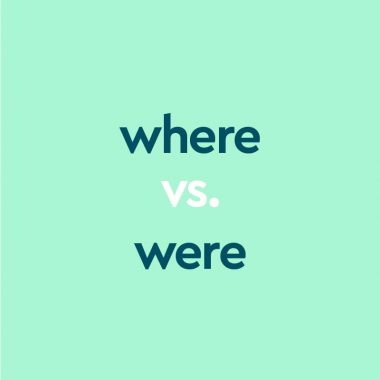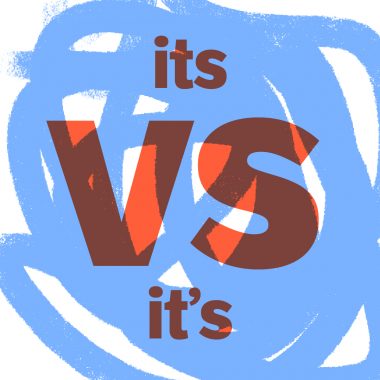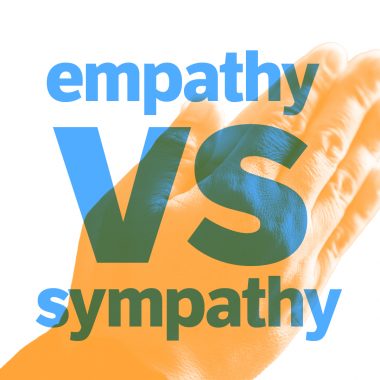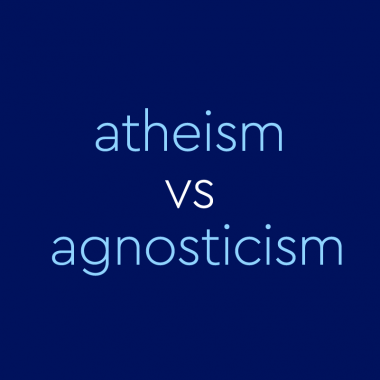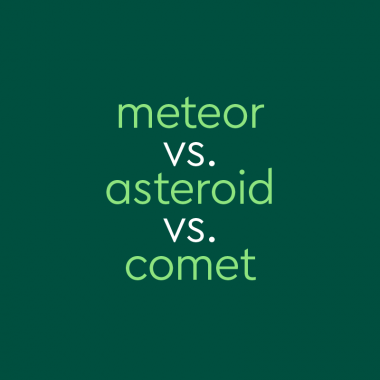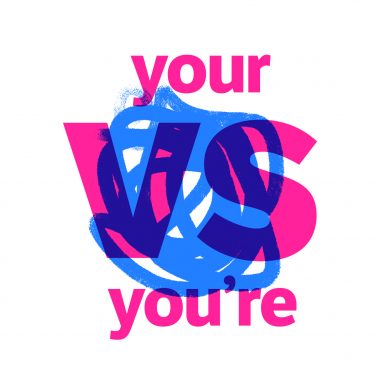“Where” vs. “Were”: What’s The Difference?
Where and were are similar-looking words and they often appear alongside each other in questions like Where were you this morning? But they are very different words with very different functions and meanings In this article, we’ll define where and were, explain the different ways that they are used, provide examples of how they are typically used in sentences, and even cover the also similar-looking …
